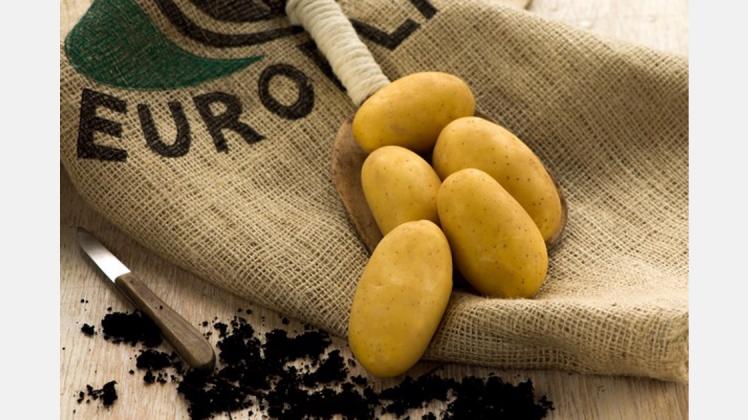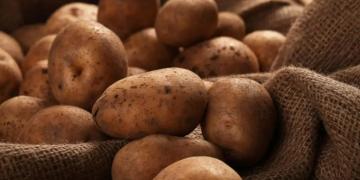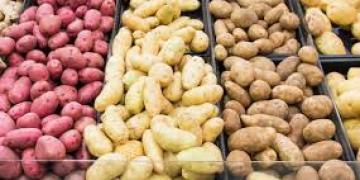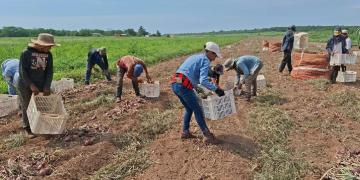Africa: Potato – Healthy, Inexpensive, Climate Friendly
In the US, most potatoes are eaten in form of French fries or chips. They’re in the ultra processed category that is increasingly connected to a range of health ills.

It’s different in other places, especially in low-income countries. Potatoes are usually prepared simply and eaten as one part of a dish with other vegetables. Potatoes are rich in vitamin C and other vitamins and minerals; add fiber; and have no fat. They can be and are part of a balanced, nutritious diet.
Further, potatoes are very climate friendly. This is largely due to extremely high yield. In 2022, US farmers harvested over 44,000 pounds of potatoes per acre, or over 15 million calories. While similar to corn, this yield is achieved using far less water and fewer fertilizers and pesticides.
This makes potatoes relatively inexpensive to produce. Low production costs translate into lower selling prices. This is important in low-income countries in which food security is a pressing issue.
For all these reasons, the UN Food and Agriculture Organization (FAO) has advocated doubling global potato production by 2030.
Given the low water and other input requirements, potatoes are a good crop for countries like Burkina Faso and Mali, where output has fluctuated but been essentially flat over the past 20 or so years. International development organization World Neighbors is training additional farmers in both countries to plant and grow potatoes. This training includes water conservation techniques and the production and application of organic fertilizer and pesticides.
Output will initially be used by farmers to increase their families’ food security. But the techniques will eventually yield surplus that can be sold in local markets, increasing and diversifying incomes. When farmers reach that stage, they will be trained to market their produce.
Climate change has made food security even more pressing, especially in low-income countries especially impacted by low rainfall and drought. Potatoes are one way to increase food security. As the projects in Burkina Faso and Mali demonstrate, this can be done at low cost and with minimal investment
Fuente: https://farmersreviewafrica.com/the-potato-healthy-inexpensive-climate-friendly/




